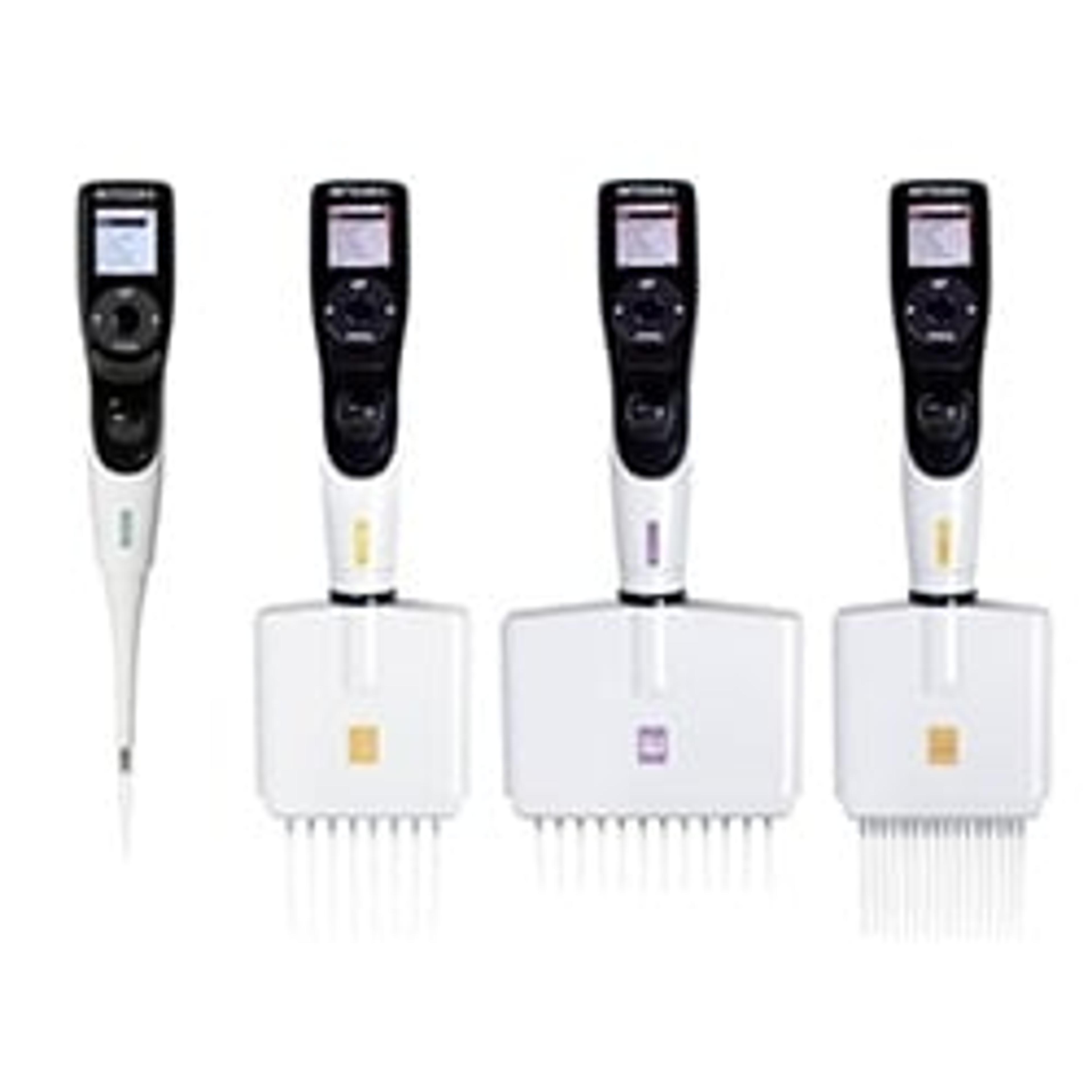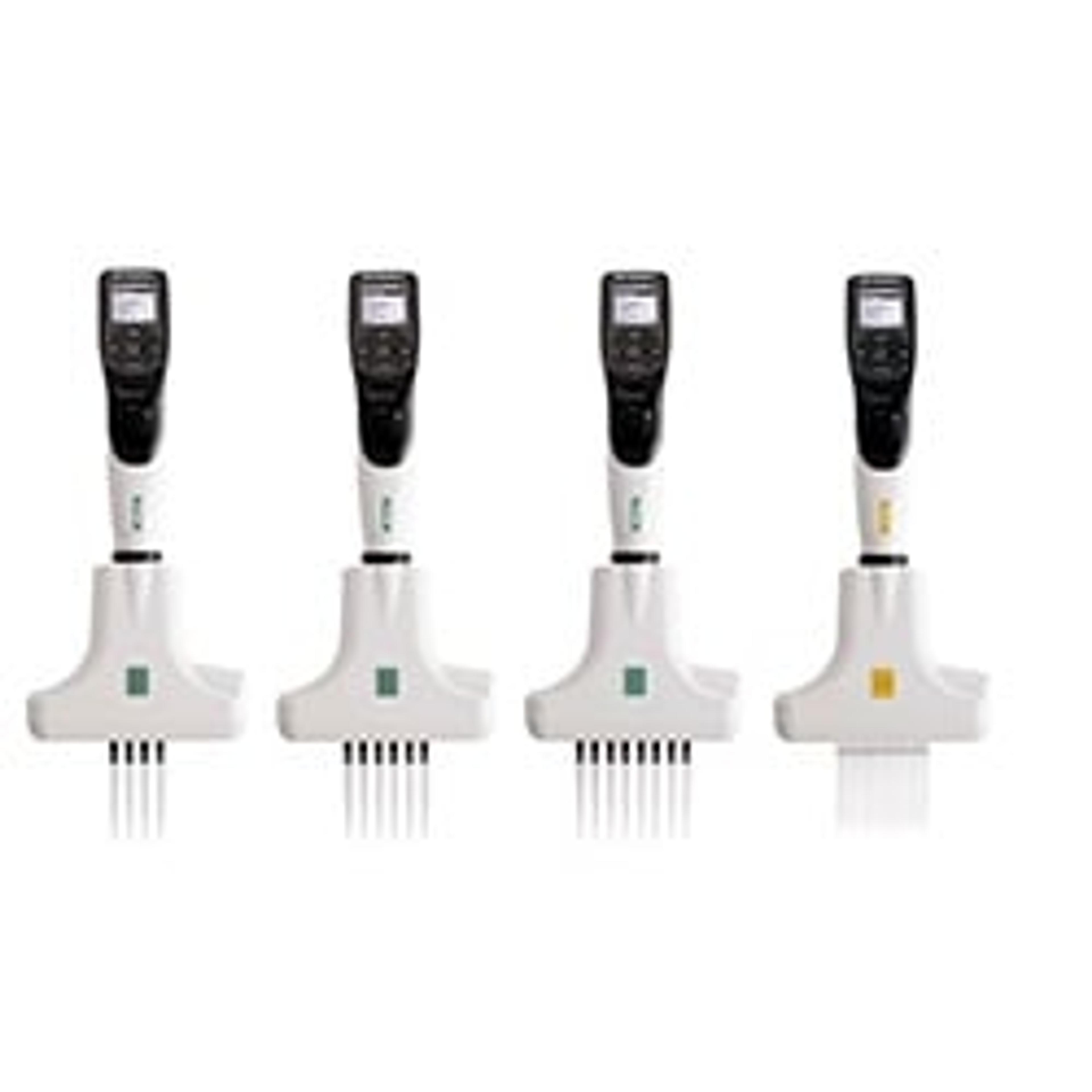INTEGRA’s electronic pipettes enable reproducible analysis in microbial evolution research
5 Feb 2021
INTEGRA’s VOYAGER adjustable tip spacing pipette and VIAFLO lightweight electronic pipette can be the perfect lab companions for agricultural research into microbial evolution. Bacterial evolution studies involve analysis of large sample numbers, requiring streamlined, reproducible pipetting processes to effectively characterize the features of different strains.
Dr. Astrid Altamirano-Junqueira, who completed her doctoral studies into the evolution of bacterial motility in the School of Biological Studies at Reading University, discussed how these electronic pipettes aided her research: “My focus was on the effects of deleting the flagella master regulator gene – FleQ – in Pseudomonas fluorescens. I performed in-depth gene expression studies on more than 40 different FleQ knockout P. fluorescens strains, and identified a novel strain that had undergone a rewiring of the nitrogen pathway to restore flagella expression and motility. I then went on to explore how this new ‘swimmer’ strain was affected by nitrogen starvation.”
“The time savings that I gained from using the VOYAGER and VIAFLO pipettes meant I could study more strains, as well as more culture conditions. This allowed me to gain as much information as possible for the strains, which was vital for multivariate analysis. I was even able to identify a novel ammonia transporter that, after genome sequencing, led to the discovery of a new strain. It’s thanks to my INTEGRA electronic pipettes that I could perform all the PCR experiments and screen over 40 strains in just two weeks – I’m incredibly thankful for the VOYAGER!”
Do you use INTEGRA products in your lab? Write a review today for your chance to win a $400 Amazon Gift Card>>


